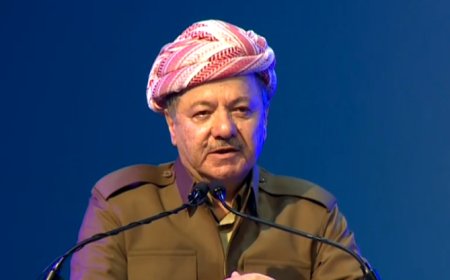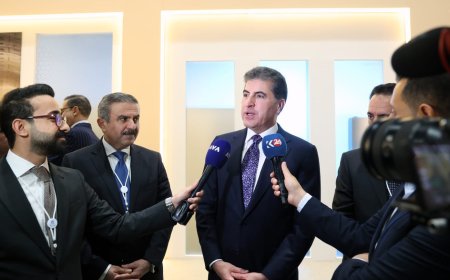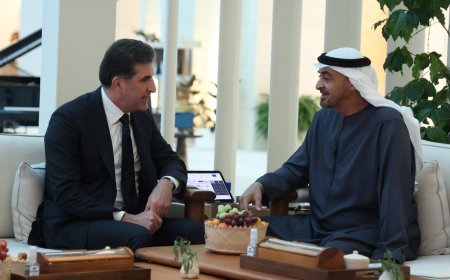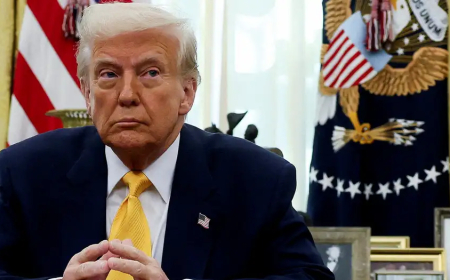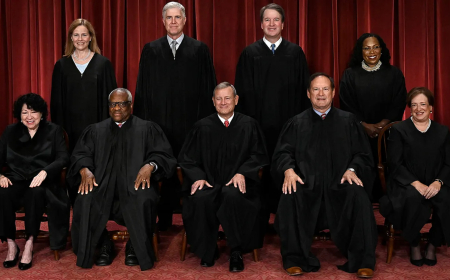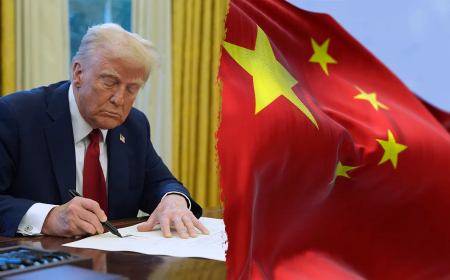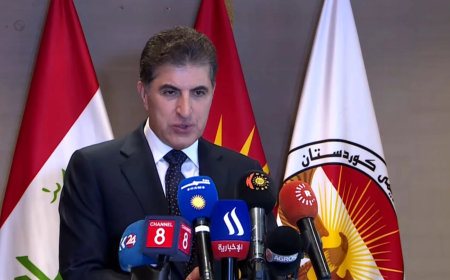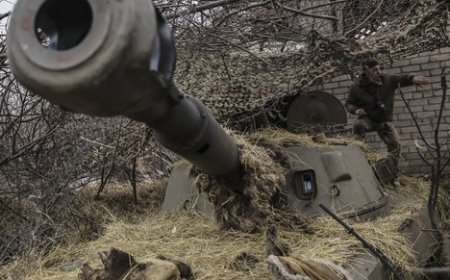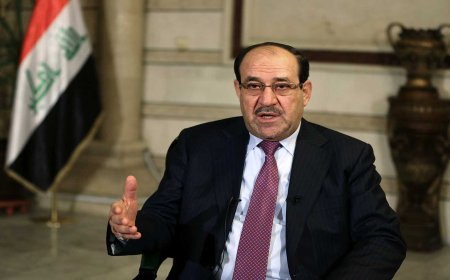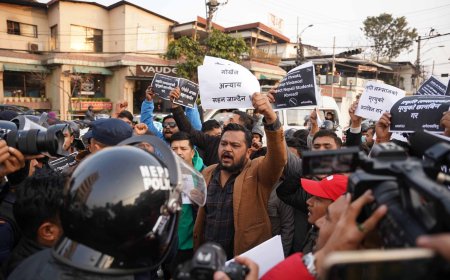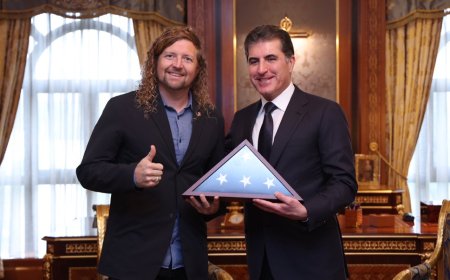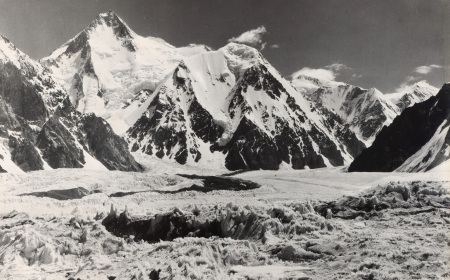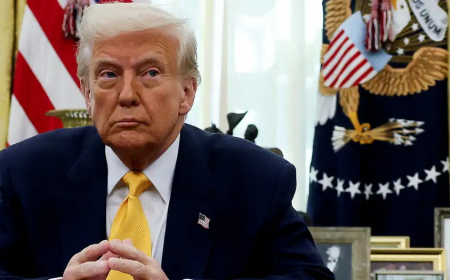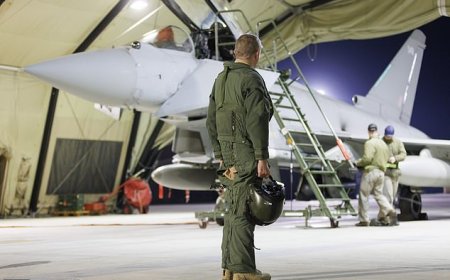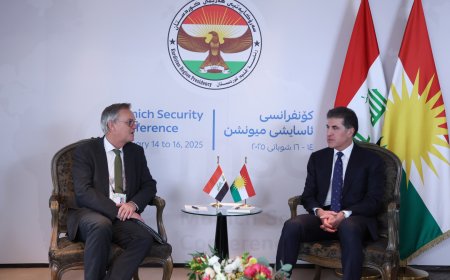Russia rejects Trump’s threats against Iran as US expands military presence
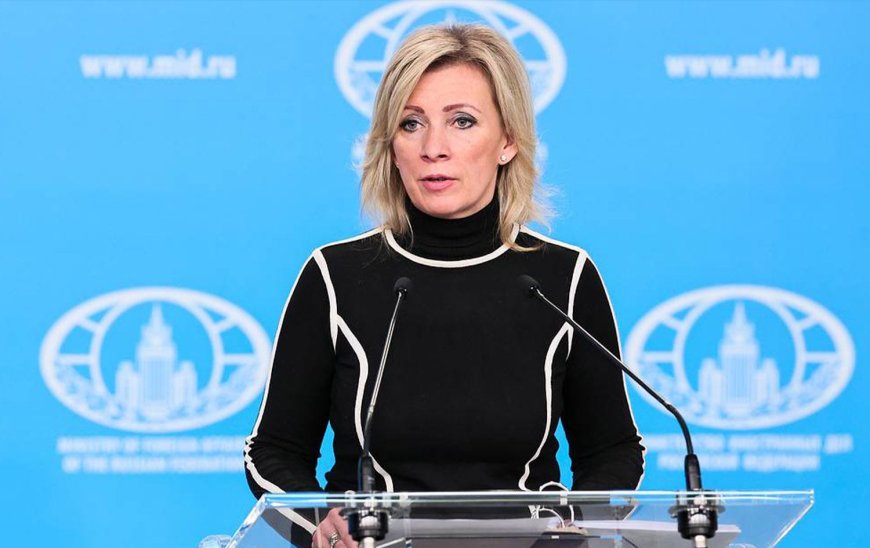
Russia on Thursday rejected threats of military action against Iran as unacceptable, warning of their severe consequences. The remarks come days after US President Donald Trump warned that “there will be bombing” against Iran if Tehran fails to reach an agreement with Washington over its nuclear program.
The state-run Russian News Agency, TASS, on Thursday cited Moscow’s Foreign Ministry Spokesperson, Maria Zakharova, as criticizing “the use of military force methods by Iran's opponents” as “illegal and unacceptable.” She warned that the threats of “bombing Iran's nuclear energy infrastructure” are “simply unacceptable” and “will inevitably lead to large-scale and irreversible radiological and humanitarian consequences for the entire Middle East region and the world as a whole.”
Zakharova’s remarks come only days after the US President Trump threatened on Saturday that if Iran doesn’t “make a deal [with the US] there will be bombing, and it will be bombing the likes of which they have never seen before.”
In an indirect response to Trump’s threats, Iranian Supreme Leader Ayatollah Ali Khamenei on Monday warned of a strong response if Iran is attacked. “They threaten to commit evil,” but “if evil is committed, the counterattack will definitely be mutually strong,” Khamenei said.
Additionally, a senior aide to Khamenei, Ali Larijani, on Monday suggested that Tehran may pursue nuclear weapons if attacked by the US or Israel. The remarks signalled a possible shift in policy under Khamenei, who has long opposed such weapons on religious grounds.
Importantly, the US has recently deployed the USS Carl Vinson and USS Harry S. Truman aircraft carrier strike groups to the Middle East, along with up to six B-2 stealth bombers stationed at Diego Garcia - a US-British military base in the Indian Ocean located within operational range from Iran. Additional fighter jets and surveillance aircraft have also been moved to the region, alongside Patriot missile defense batteries to bolster air defenses.
For her part, the Russian Foreign Ministry Spokesperson, Zakharova, on Thursday reaffirmed Moscow’s commitment “to finding viable, sustainable negotiated solutions that address Western prejudices and misunderstandings about Iran's nuclear program, while taking due account of Tehran's legitimate interests in the peaceful use of nuclear energy.”
Zakharova’s remarks notably come days after Russian Deputy Foreign Minister Sergei Ryabkov on Tuesday stated that “Russia is ready to offer its good offices to both Washington and Tehran,” Ryabkov stressing that that “ship hasn't sailed yet,” according to TASS.
In early March, Trump stated that he had sent a letter to Khamenei signaling openness to new nuclear negotiations, but threatened possible military action if Iran refuses to cooperate. He warned that “if we have to go in militarily, it’s going to be a terrible thing for them.”
The state-run Iranian News Agency, IRNA, reported last week that Tehran officially responded to Trump’s letter via Oman.
Iran’s President Masoud Pezeshkian stated on Sunday that the response to Trump’s letter “emphasized that Iran has never avoided negotiations,” however he stressed that “the issue of direct negotiation between the two parties has been rejected.”
After returning to office, Trump in early February restored his maximum pressure policy on Tehran, arguing that it is “too close” to a nuclear weapon.
Under a 2015 nuclear deal with world powers, Iran agreed to curb its nuclear enrichment program in exchange for much-needed relief from crippling sanctions. The deal began unraveling in 2018 when Trump, during his first term, unilaterally withdrew the US from the accord and reimposed biting sanctions on Iran.
Tehran waited a year and then gradually ramped up its nuclear activities.
(Source:Rudaw)
